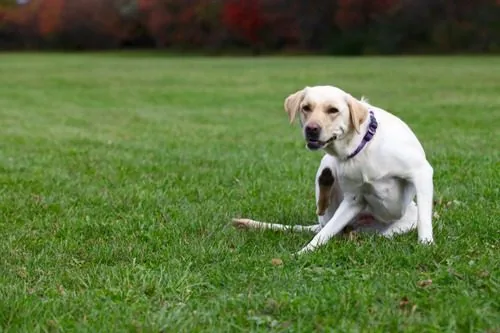CANINE INFLUENZA H3N2
What Everyone Needs To Know . . .
It is very important for dog owners to be aware of how easily canine influenza can be spread to other dogs, in order to take the necessary precautions to prevent your own dog from exposure. It is also extremely important for dog owners who have a dog that is exhibiting any of the symptoms, to do what is necessary to prevent infecting other dogs – and ultimately spreading the illness further. And you should know that even if your dog is not exhibiting symptoms, but has been exposed to a symptomatic dog – you still need to keep your dog quarantined at home – because the first 24-48 hours after exposure is when dogs are most contagious to other dogs. How it is transmitted to other dogs:
- It is airborne, therefore your dog is susceptible just by being in the same vicinity of an infected dog.
- It is transmitted through direct contact with another dog – including eating or drinking from the same bowl.
- Though H3N2 virus is not transmissible to humans – humans can pass the virus from one dog to another. The virus can live on surfaces for up to 48 hours – this includes clothing.
On June 13, we began rescheduling all our canine drop-offs, surgeries, boarders, etc. in order to protect our hospitalized patients and any unaffected canine patients coming in for appointments. During that time we decontaminated our boarding area. Our medical team began seeing symptomatic dogs outside of the hospital and taking every precaution not to cross-contaminate patients they are seeing.
On June 22nd , we began allowing canine drop-offs and surgeries again, unless:
- A dog is actively coughing or sneezing.
- A dog has been to a high risk area such as boarding facility, doggie daycare, grooming, and/or dog-park within ten days.
- We will not allow any drop-offs, surgeries, or boarding for any dogs coming directly from a shelter environment for at least 10 days after leaving the shelter.
- We will continue with this protocol for at least another 30 days, or until further notice.
The majority of the patients we have seen and treated with this illness have been able to remain at home with the pet owners. There have been a few that have developed complications, such as pneumonia, that needed hospitalization for more supportive care. The time course of this illness and its symptoms – from exposure to recovery – is as follows:
- Symptoms do not typically start until 4 to 5 days after dog has been exposed. (Remember a dog is contagious and able to spread the illness the first 24 to 48 hours after exposure – even without symptoms.) The initial symptoms (reverse sneezing, sneezing, and mild cough) last about 24 hours.
- After the first 24 hours and for the next two days, coughing becomes severe – producing phlegm and sometimes vomit.
- Day 3 to 5 – patients appear worse and can run a fever, be lethargic, and have low to no appetite. Coughing continues but does not appear to be as severe – can be a dry or wet cough.
- Approximately a week up to ten days after symptoms begin, though patient may still be coughing, sneezing and/or reverse sneezing – the symptoms improve. Appetite and lethargy improves as well.
- Patient continues to improve each day. Intermittent coughing can last up to a few weeks.
Please do not hesitate to call our office if you have any questions or concerns – or if your dog is exhibiting any of the symptoms mentioned above.
The Village Vets Team
Recent Posts
About The Village Vets
The Village Vets is a network of animal hospitals based in Atlanta, GA and the surrounding area. We offer honest, excellent service to our clients in a comfortable, friendly atmosphere. To learn more about our locations and how we can better serve you and your pet, click the button below.
Share This Post
Recent Posts
About The Village Vets
The Village Vets is a network of animal hospitals based in Atlanta, GA and the surrounding area. We offer honest, excellent service to our clients in a comfortable, friendly atmosphere. To learn more about our locations and how we can better serve you and your pet, click the button below.



